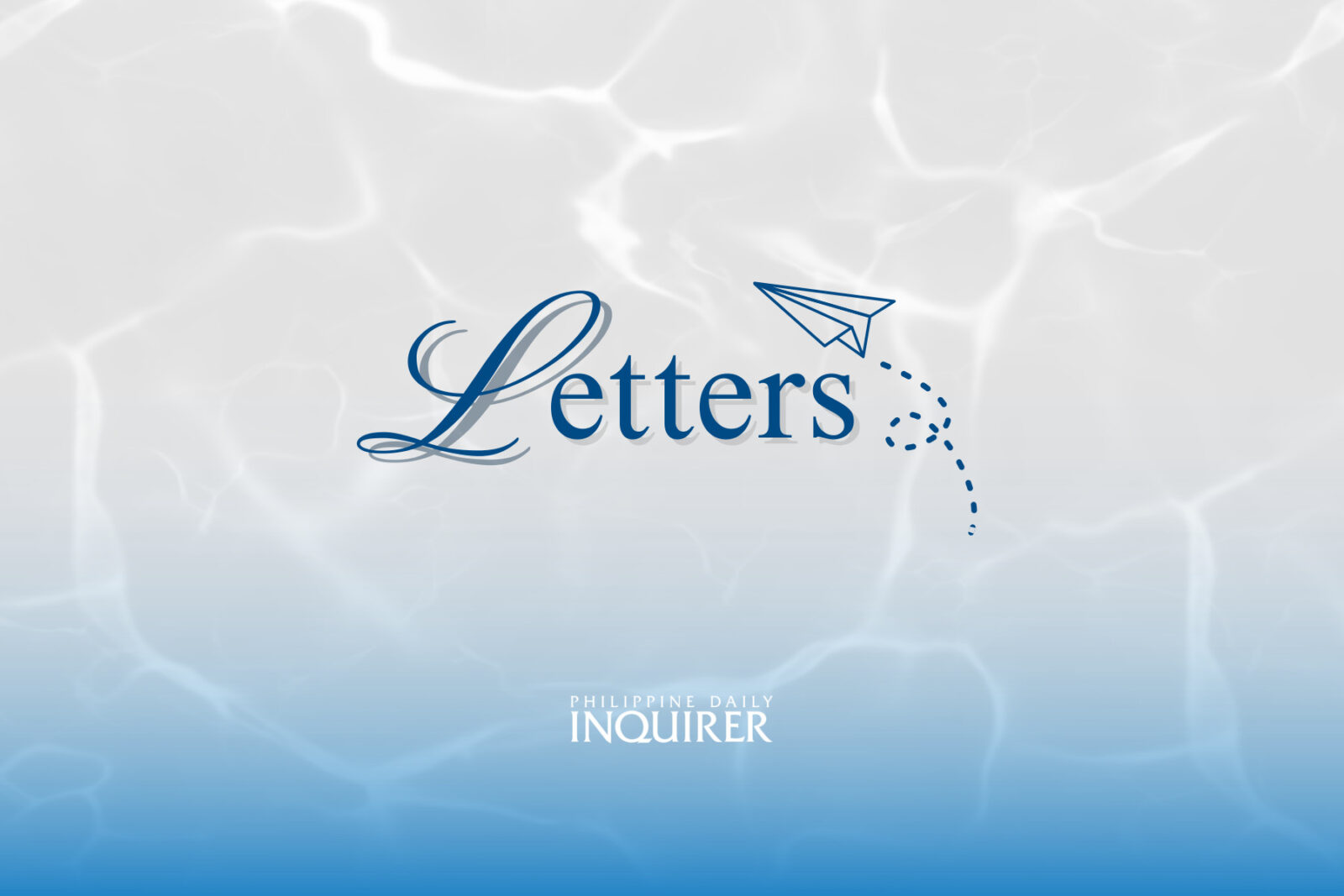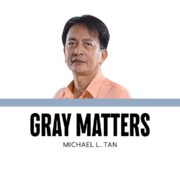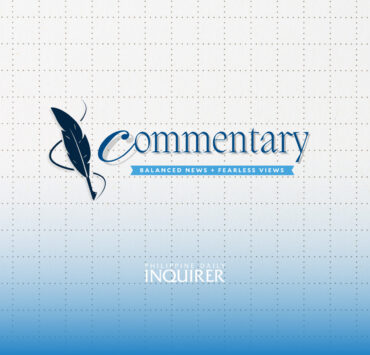UP dedicated to fostering more inclusive, equitable education

In reaction to “Is UP fulfilling its mandate?” (Commentary, 9/16/24), the University of the Philippines wishes to reaffirm its distinct higher education mandate to serve the Filipino people and contribute to a just and equitable society.
UP president Angelo Jimenez believes in the urgency to seize opportunities that will increase the university’s social impact and foster a culture of diversity and accessibility. Hence, one of his key flagship programs aims at making admissions into UP more inclusive. Your esteemed journalists and researchers had published a perceptive report, ”With new admission policy, UP wants to dispel ‘elite’ tag,” (News, 6/19/24) on the imbalance between private and public school qualifiers, highlighting the apparent edge of students from urban centers in securing UP enrollment slots over those from rural, underserved communities.
We need to remind readers at the outset that the UP System’s nine constituent universities are positioned to accommodate enrollees nationwide, especially qualifiers from remote and underserved locales. Nonetheless, we acknowledge the need for decisive steps to improve equity by making quality UP education more accessible for all.
Very few know that majority of those who have applied to the university over the years were from private high schools. While we have not yet tipped the balance the other way, this year was the first time in the history of the UP College Admission Test (UPCAT) when at least one testing center was deployed in every Philippine province except for Davao Occidental (which shared a testing center with Sarangani province in the latter’s capital, Alabel).
Furthermore, UP has been sending public service teams in the field to work with local government units, local media, and its alumni to facilitate information campaigns and implement bridging programs, including free UPCAT reviews. They have targeted places where students are known to lack the necessary preparation to meet the academic standards required for university admission. Transportation access to the UPCAT centers for those residing in remote areas is another significant challenge. Poor internet connectivity further exacerbates the barriers to application and preparation. To address these issues, communities have pitched in to ferry test-takers, while UP has been accepting manually accomplished applications from these areas.
The admissions policy will undergo continuous review to ensure a balance among various factors including excellence based on the formal grading system and UPCAT results, the economic status of the applicant’s family, and their geographic origins. Non-UPCAT routes to admission are open for associate degree and online education aspirants, while highly talented applicants in the arts and athletics are encouraged to apply via the talent determination test or try-outs route, respectively.
Successful graduates with associate (two-year) degrees will be better equipped to continue on to full degree programs if they so wish. UP will also provide more adequate financial and mentoring support for needy but deserving students, over and above the free education mandated by law in state-run universities and colleges.
UP Director for Admissions Francisco de los Reyes frames it succinctly: “In contemporary society, access to higher education serves as a gateway to social mobility and economic opportunity.
However, pervasive disparities in the admissions process perpetuate inequalities, exacerbating social stratification and hindering the realization of individual potential.
Central to comprehensive interventions is the recognition of how learning poverty undermines educational outcomes and perpetuates cycles of disadvantage. Addressing the complex nexus of learning poverty and educational inequality necessitates targeting systemic barriers and empowering marginalized communities.”
By spearheading initiatives aimed at redefining the admissions paradigm, UP is dedicated to fostering a more inclusive and equitable learning environment that we hope will reverberate with every aspiring “iskolar ng bayan.”
PROF. EMERITUS GRACE JAVIER ALFONSO,
University of the Philippines
















